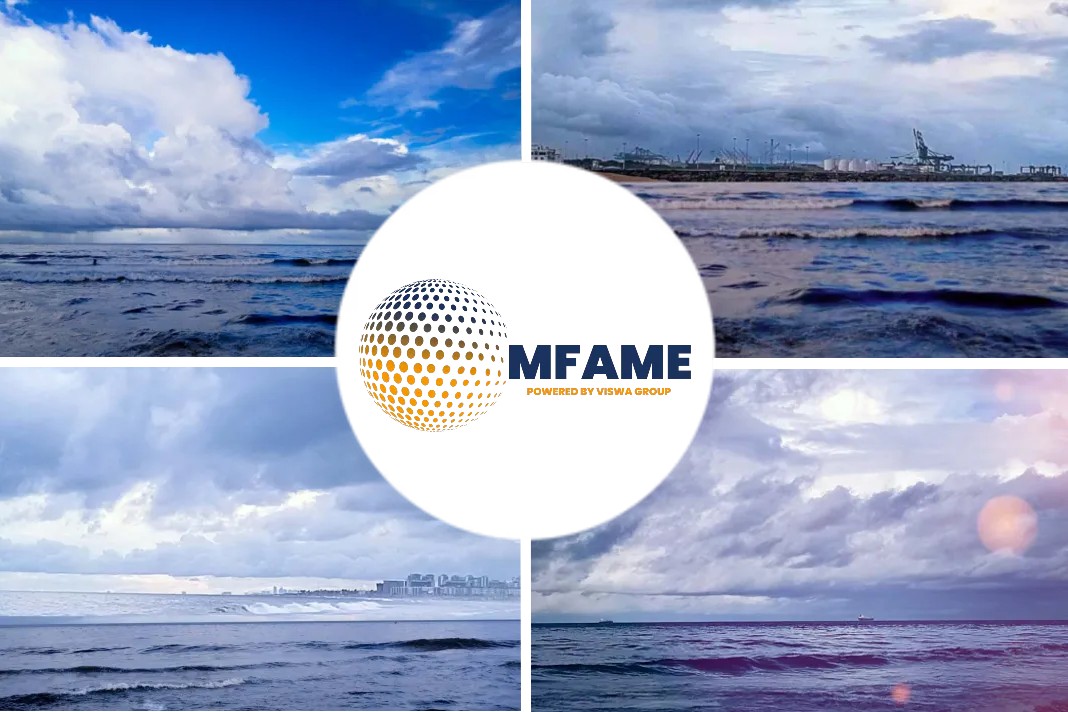- EU plans to slash carbon emissions threaten to drive up CO2 produced by the shipping industry.
- Operators would be forced to slow down their vessels to meet the demand for cuts, creating the need for more new ships to maintain service levels.
- Head of MSC says the commission’s move to cut CO2 will have the opposite effect.
The EU’s plans to reduce CO2 emissions threaten to increase CO2 emissions in the shipping industry, reports Financial Times quoting the warnings from the head of the world’s second largest container ship.
EU action could backfire?!
Soren Toft, chairman of the board of directors of Mediterranean Shipping Company, told that EU action still under consideration would have the opposite effect of their intentions unless low carbon fuels were readily available.
This is because operators would be forced to slow down their ships to meet demand for cuts, which would require more new ships to maintain the level of service.
“It is very clear to us that what they are proposing without carbon neutral fuels will create more capacity and more containers, all of which will have to be financed that are built in Asia and cause more emissions,” he said.
However, Tristan Smith of the UCL Energy Institute said the notion that the EU’s carbon measures would increase industrial emissions is “not credible”.
Oil price and freight rates
A ship’s emissions from burning bunker fuel are far higher than those generated by its construction, and other economic factors such as the price of oil and freight rates determine ship speed, he added.
MSC’s comments that it will overtake Maersk as the world’s largest container group with the largest backlog for new ships come at a critical time as the EU prepares proposals to revise its carbon market next month.
It is also significant that Toft, who joined MSC from Maersk in December, has spoken out as the group has rarely vied for publicity since it was founded in 1970 by Gianluigi Aponte.
A big question for the shipping industry is the amount of travel the EU will target in its revised emissions trading system if policy makers try to cut CO2 emissions by 55 percent by 2030.
Shipping, which causes 2.4 percent of global CO2 emissions, is difficult to decarbonise because low-carbon fuels like green ammonia or hydrogen are not widely available.
Maritime decarbonization
Dierderik Samsom, the European Commission official who heads the EU Green Deal team, said the emissions trading system is the main mechanism for reducing CO2 in the shipping sector.
The CO2 pricing, which enables emitters to buy certificates in order to achieve the CO2 targets, would be a “real incentive for the” [maritime] Industry to decarbonise their fuel and decarbonise their entire operations,” Samsom said at FT’s Future of Europe conference last week.
He added that the industry could meet the new commitments by using different types of ships and different speeds to reduce their carbon footprint.
Climate change response
Toft has joined MSC, with the industry facing increasing scrutiny on two fronts: its response to climate change and efforts to restore service reliability, which collapsed during the pandemic.
MSC’s ships lost 10,000 sailing days this year due to waiting times in congested ports, around a third more than in the previous year.
“We are struggling to deliver the service we believe our customers are entitled to,” said Toft. However, he insisted that the current global supply chain disruptions, which he believes are likely to persist into next year, “are not caused by the shippers”.
Regional emissions taxes
Another industry concern is the possibility of a patchwork of regional emissions taxes. “The EU will take this approach and before we know it we will have ten different approaches to deal with,” said Toft.
However, some smaller operators like Torvald Klaveness and Maersk Tankers say the industry should accept that the EU is legislating on shipping emissions and working to influence the regional initiative rather than prevent it.
Did you subscribe to our daily newsletter?
It’s Free! Click here to Subscribe!
Source: Financial Times

















